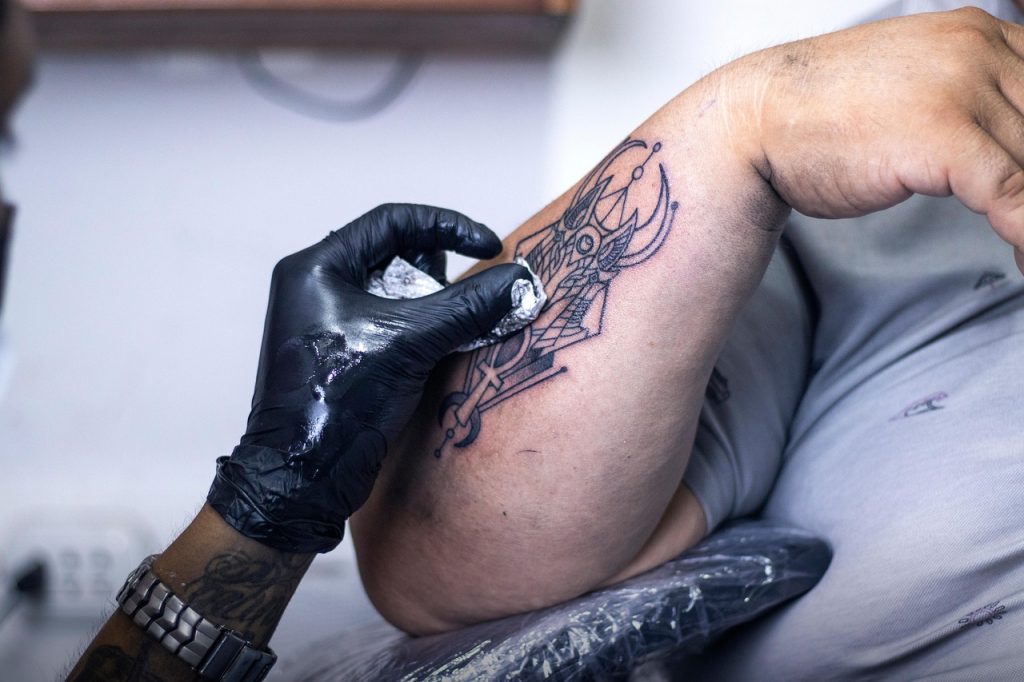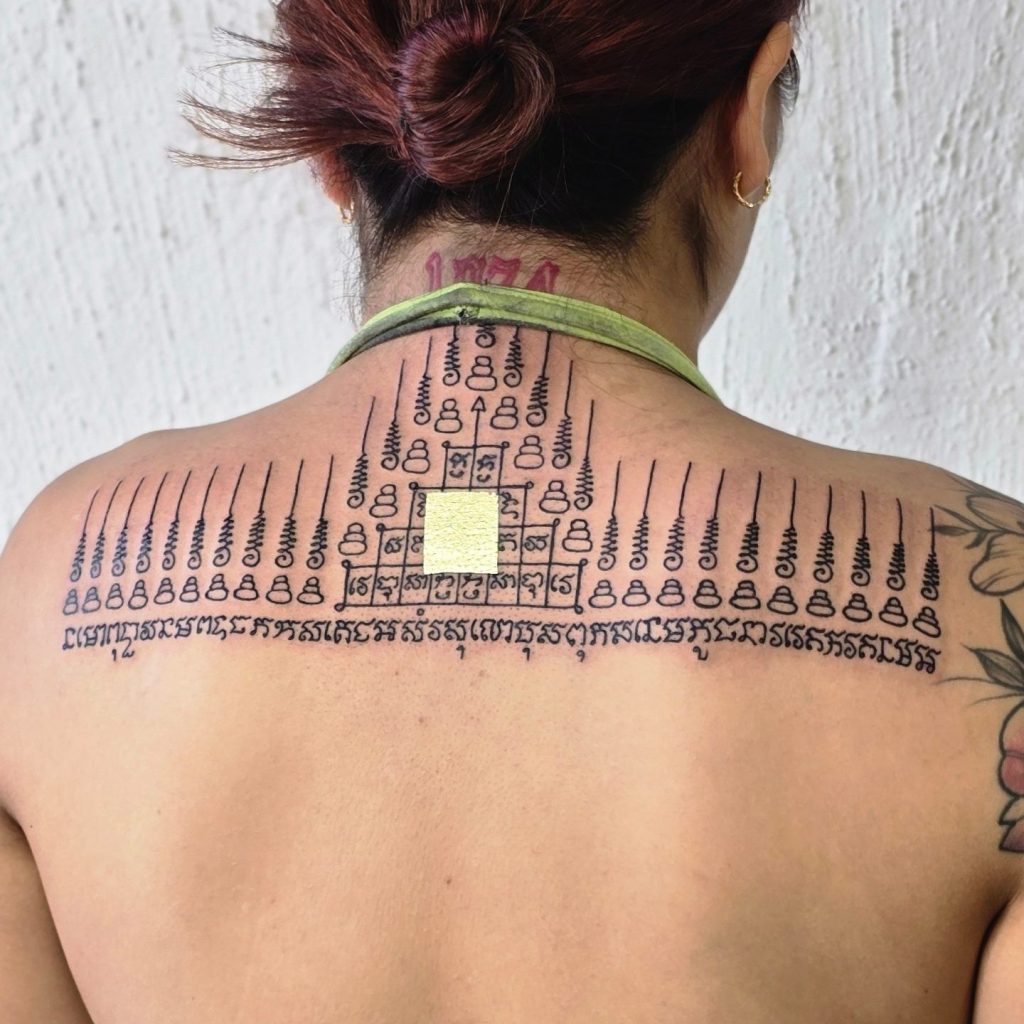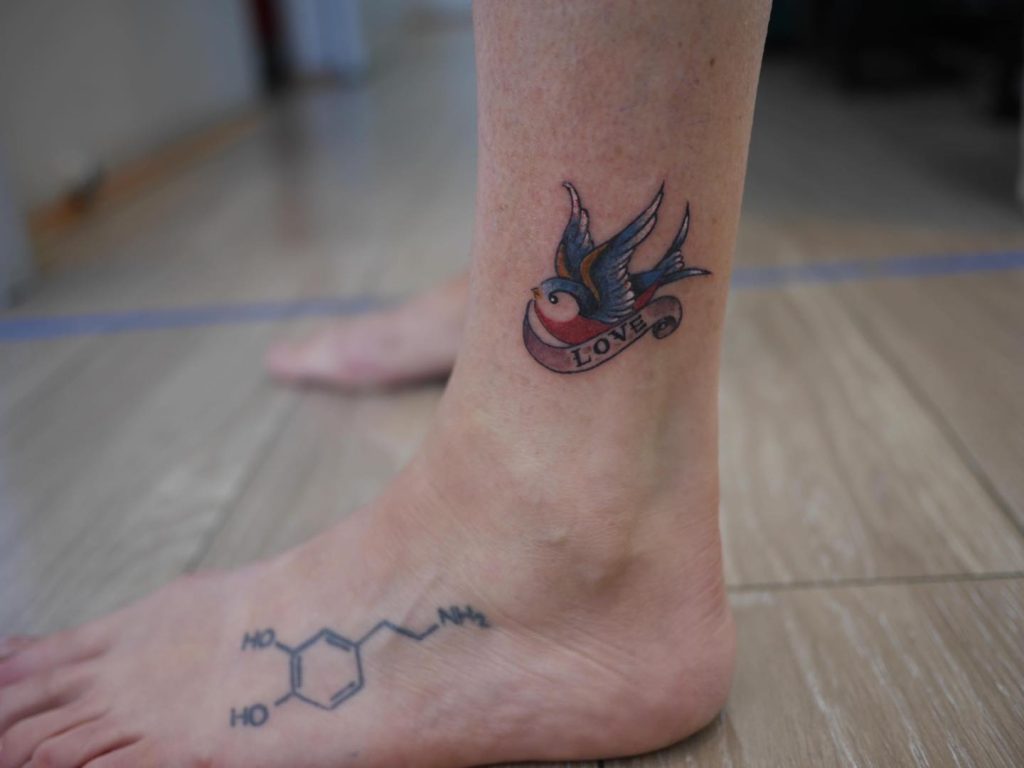Getting a new tattoo is always exciting, but taking care of it during the healing process is crucial for ensuring its long-lasting beauty. While many focus on creams and bandages, the importance of proper nutrition often goes unnoticed. Eating the right foods helps your skin heal faster, reduces inflammation, and keeps colours vivid.
Tattoos are essentially open wounds, and healing is the body’s way of repairing itself. This is where nutrition steps in. Feeding your body the correct nutrients acts as fuel for the skin’s recovery, supporting new cells and collagen production. It’s like giving your body the best tools to do the job efficiently.
By making smart choices about what you eat and drink, you can significantly enhance your skin’s ability to heal while ensuring your tattoo becomes a stunning piece of art that you’ll be proud to show off. Understanding the role of nutrition during tattoo healing is a game changer for maintaining that fresh-inked look.
Understanding Tattoo Healing and Nutrition
Healing a tattoo is an essential phase where your skin undergoes a natural recovery process. When you get a tattoo, your skin is intentionally wounded to deposit ink. This starts a healing journey that involves cell regeneration and repair. Proper nutrition plays a vital role in this process by providing the necessary nutrients your body needs to rebuild and restore skin tissue.
Supplying your body with essential nutrients is paramount for optimal healing. Nutrients like vitamins, minerals, and proteins serve as building blocks that aid in skin repair and immune function. They help speed up the healing process, potentially reducing the risk of infections.
Eating a balanced diet reduces inflammation and supports skin health. Anti-inflammatory foods, such as those rich in antioxidants and healthy fats, help calm the body’s response to skin injury. A diet packed with fruits, vegetables, whole grains, and lean proteins can contribute significantly to a faster recovery. Addressing nutrition during tattoo healing allows your body to manage stressors effectively, ensuring your skin heals smoothly and your tattoo remains vibrant.
Key Nutrients for Tattoo Healing
Certain nutrients are especially beneficial during the tattoo healing process. These include:
– Vitamin C: Supports collagen production, which is crucial for skin strength and elasticity. Found in citrus fruits, strawberries, and bell peppers.
– Zinc: Vital for immune function and wound healing. Sources include nuts, seeds, and red meat.
– Omega-3 Fatty Acids: Reduce inflammation and support skin health. They are abundant in fish like salmon and flaxseeds.
These nutrients collectively enhance collagen production, boost the immune system, and expedite skin repair. For instance, Vitamin C helps build connective tissue, while zinc assists in DNA synthesis and cell growth, both critical for quickly healing skin.
Including foods rich in these nutrients in your diet can be enjoyable. Oranges, almonds, and mackerel can be delicious ways to support your body’s natural healing mechanism. Remember, a nutrient-dense diet during this time is not just beneficial but essential in ensuring your tattoo heals beautifully, retaining its design and colour for years to come.
Foods to Avoid During Tattoo Healing
Some foods and substances can slow down the healing process and should be avoided. Alcohol tops the list, as it thins the blood and can increase swelling and bruising around a fresh tattoo. It also dehydrates the body, making the skin less flexible and slower to heal. Caffeine, although enjoyed by many, can have similar dehydrating effects, hindering overall recovery.
Sugary foods and drinks can also impact your tattoo’s healing. High sugar intake may increase inflammation and suppress immune function, making it harder for your skin to repair itself. Inflammatory foods like processed meats and refined carbs can exacerbate this effect.
To support healing, opt for healthier alternatives. Instead of alcohol and caffeine, try herbal teas or freshly squeezed juices, which hydrate and nourish the skin. Swap sugary snacks for fruits like berries, which are loaded with antioxidants. Choosing whole grains over refined carbohydrates can help maintain stable blood sugar levels, further supporting the healing process.
Creating a Tattoo-Healing Meal Plan
Planning meals with healing-supportive foods is both practical and vital. Start your day with a hearty breakfast rich in protein and vitamins, such as eggs with spinach and whole-grain toast. This combination provides protein and antioxidants essential for starting the day on a strong note.
For lunch, opt for a nutrient-dense salad featuring greens, grilled chicken, and slices of avocado. These ingredients supply fats, proteins, and vitamins that reinforce skin health and collagen production. Adding nuts and seeds can enhance the nutrient profile, offering a good source of zinc for repair.
Dinner can include a salmon fillet with steamed broccoli and quinoa. Salmon provides Omega-3 fatty acids, while broccoli offers a hit of Vitamin C and fibre. Quinoa supplies both protein and essential amino acids, rounding out a balanced meal.
Staying hydrated plays a crucial role, so drink plenty of water throughout the day to keep your skin supple. A consistent, balanced diet ensures your body has all it needs to support tattoo healing effectively.
Conclusion
Proper nutrition during tattoo healing isn’t just about eating better—it’s about enhancing your body’s ability to recover swiftly and maintain the integrity of your ink. Understanding which foods to embrace and which to avoid can make a significant difference in how well your skin heals. A mindful approach to your diet supports the healing of your tattoo while keeping the skin healthy and vibrant, ensuring the ink stays crisp and beautiful.
Looking for a tattoo studio that not only cares about your tattoo but also your well-being? At Mai Thai Tattoo, we provide expert advice and excellent artistry to bring your visions to life. Contact us today to explore our services and take the first step toward owning a stunning piece of body art.



